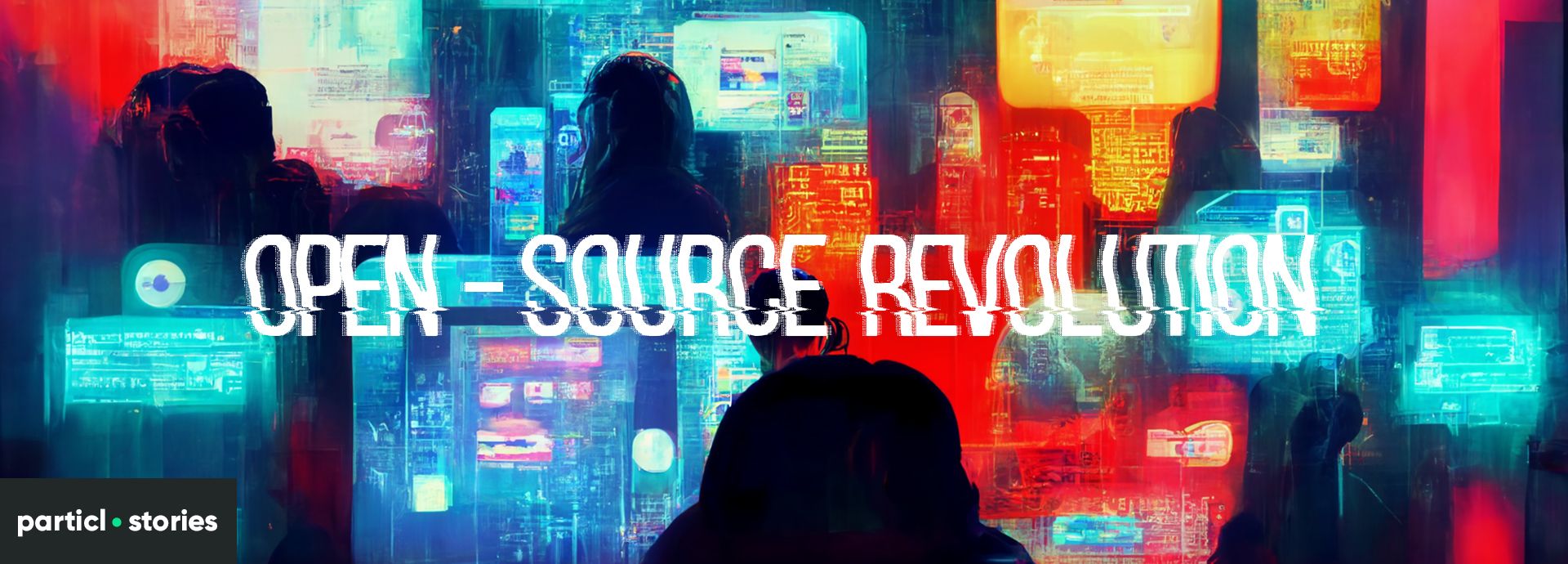
"Don't trust, verify"! A recent lawsuit against Facebook’s parent corporation, Meta, blew the doors wide open on their data-collecting practices — and it’s just as bad as we expected.

This new development outlines, more than ever, the extent to which tech companies collude with entities such as the United States’ NSA, PRISM, and the surveillance infrastructure of nearly all US-allied nations — once again reminding us of the futility of trusting centralized corporations with any of our data and private lives.
An Illusion of Transparency
Brennan Lawson, an Air Force veteran, was allegedly fired from Meta for raising questions and concerns about the way Facebook handles deleted data. Although the termination itself seems questionable, the legal fight it engendered reveals troubling revelations on a much broader scope.
According to Lawson’s suit, Facebook introduced in late 2018 a protocol that allowed members of its team — “a group of approximately 100 employees responsible for (...) high visibility inquiries from members of the media and governments” — to access all data from the Facebook Messenger application even if the user entirely deleted the data.
This practice, while hardly surprising, is in stark contrast to earlier claims by Facebook about their handling of reportedly “deleted” and unarchived data and radically undermines all Facebook users’ alleged ability to control the privacy of their personal information. With no safeguards regarding age restrictions, anyone’s Messenger history can be accessed with the back-end protocol — even that of children.
This protocol, if confirmed, would certainly violate Facebook's own privacy policies, but also online privacy rules of the European union — and although a 2012 FTC ruling on consumer privacy and the 1998 Children's Online Privacy Protection Act held Meta and other companies to a higher level of transparency with regards to the data they did collect, it seems not all regulations are created equal.
An important reason behind this intrusive protocol was, allegedly, to “keep Facebook in the good graces of the American government”. This complete lack of transparency, along with recent reports of ex-CIA hires to Meta’s online security operations and various content moderation teams, raises much concern.
The Open-Source Imperative Against Invasive Government
For people paying attention to the state of privacy and world surveillance in the past few decades, none of this is surprising. It is instead highly vindicating. Thankfully, the tools exist to allow us to change the world for the better — and optimistic individuals may say it’s only a matter of time.
Open-source software, above all, imposes itself as an inevitable alternative to an otherwise grim outlook for online privacy. Although still lacking in development in the world of social media compared to their closed-source counterparts, an open-source approach guarantees transparency in the most uncompromising way, and, in turn, empowers us with significantly more privacy for our data. And even though the ethics of open-source developers, contrary to what we see today at Meta and other popular platforms, often perfectly align with the goal to undermine those privacy abuses, there is not even a need for trusting any policy in the face of total transparency and auditability!
The good news is, although the path to counter-balance the widespread spying and monetization of our personal data is uphill, it is also in numerous good and devoted hands.
The open-source revolution we so deeply need can only come about via the true "liberation" of our online services. And every day, more and more open-source developers join this vital battle in re-appropriating the critical digital components of our lives and giving them back to the people.

This movement is rapidly bringing to the public many alternatives to our daily applications that operate within a spirit of independence, fairness, and respect for private life. There's no doubt, open-source development is on rise, just as more people than ever start realizing the need for a fair web environment, and it shows no sign of slowing down.
A true revolution abounds.
If you want to learn more about the disruptive decentralized ecosystem we're building at Particl, and if you want to contribute to the growth of online privacy and liberties, then come join our awesome global community on Discord, Telegram, or Element — or just give one of our decentralized and privacy-first apps a try here.
Particl is Participation
Get recognized as someone that cares. With your help, we become more noticed out there. It takes seconds, and you are making a statement by giving us a follow and hitting the bell icon.
YouTube Twitter Mastodon Reddit
Join the instant messaging chats. There's no need to be active, but it’s good to be in the loop.
Discord Telegram Element / Matrix
Gain deep knowledge about Particl by reading.
Last but not least, a list that shows an infinite number of links clearly categorized and on one page.
